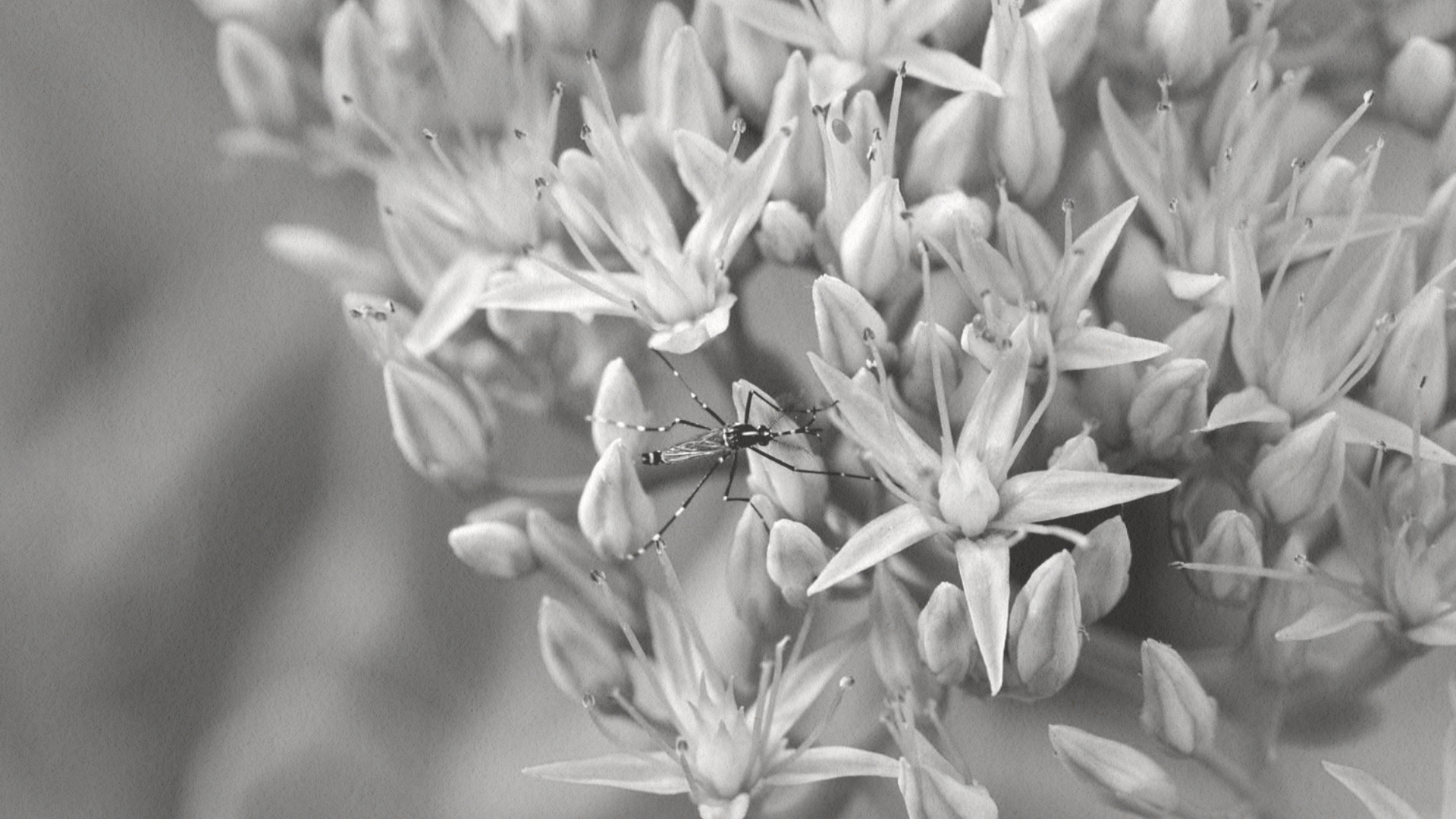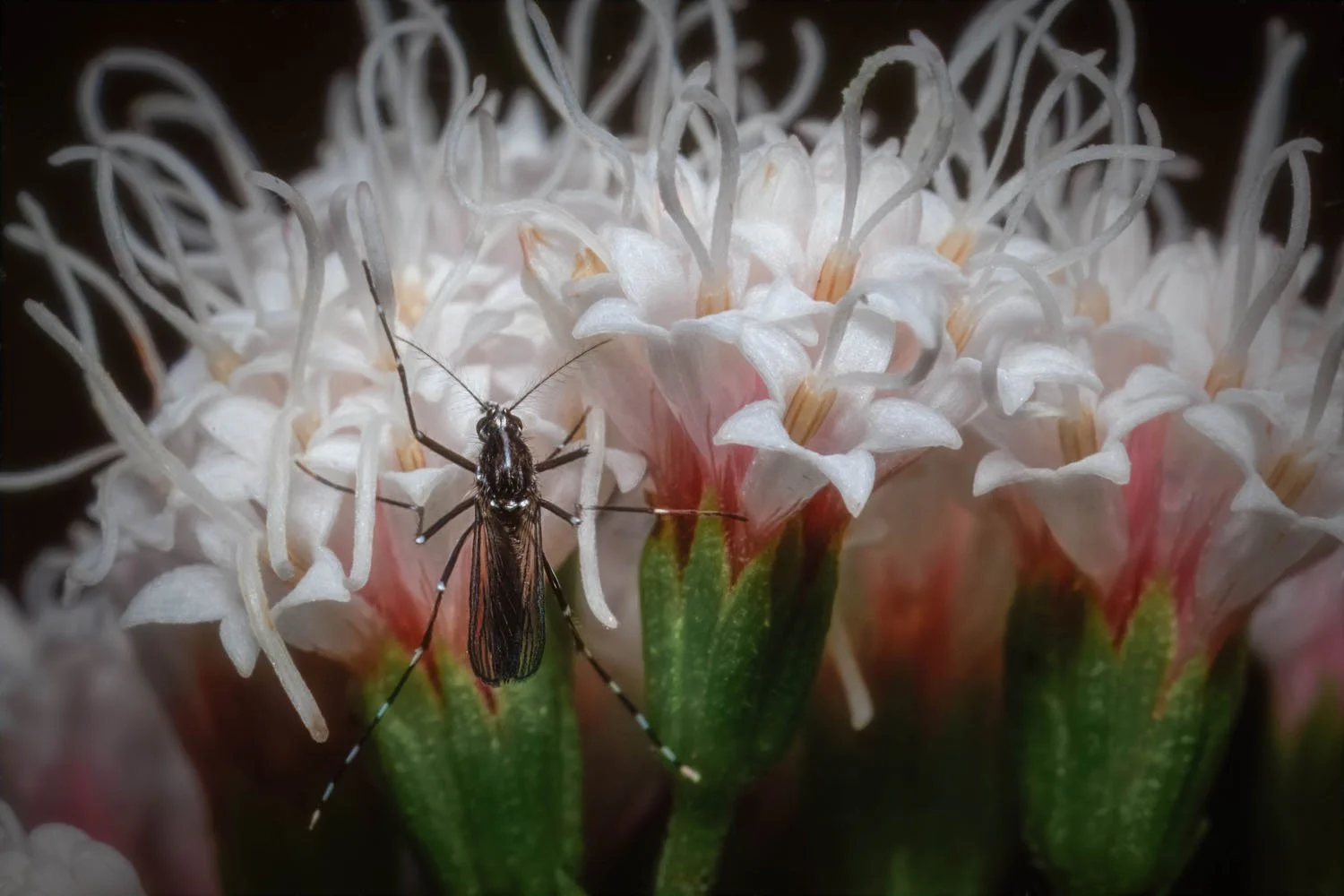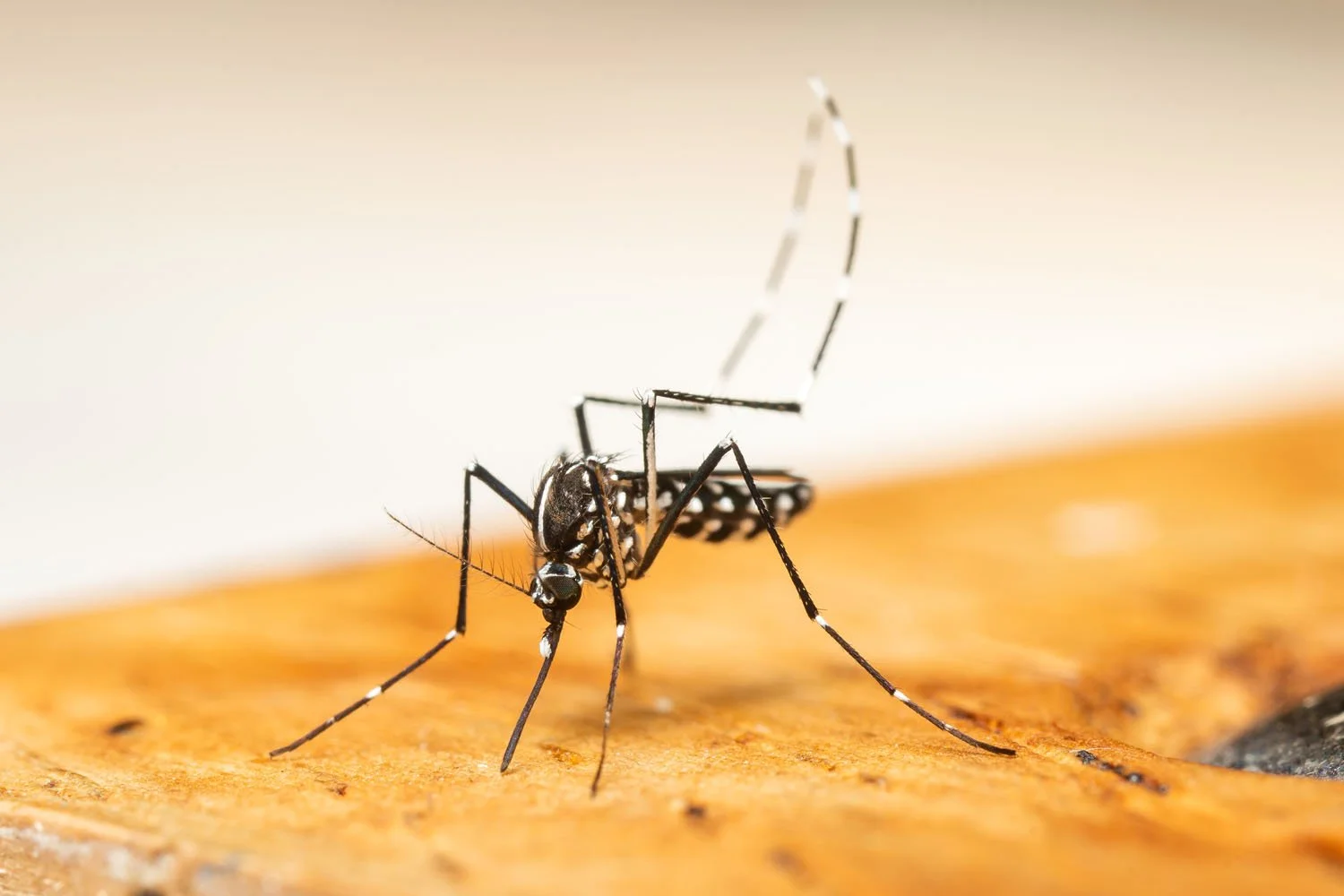
Our Unique Research Approach
Dedicated to understanding how mosquitoes sense the world around them.
Using neurobiology, physiology, genetics, and behavior, we hope to not only better understand their disease-spreading behaviors, but also discover new ways to combat them.
Key Research Questions
We’re developing new ways to control the spread of global diseases that infect hundreds of millions of people every year.
We aim to answer questions like:
-

How do mosquitoes sense their environment?
We are interested in understanding the neurobiology of mosquito biting, feeding, and egg-laying behaviors.
We investigate the fundamental mechanisms behind how mosquitoes sense their environment and hosts.
-

How do taste cues guide mosquitoes biting behaviors?
Why do some people get bitten more than others by mosquitoes?
We aim to determine the role of taste cues in guiding the biting behavior of mosquitoes.
-

How do we stop mosquito bites?
Can we stop the bites before they happen?
We aim to leverage our understanding of the mosquito neurobiology and behavior toward innovating mosquito control and disease prevention methods.
Current Projects
We’re Uncovering
Mosquito taste responses to human and floral cues guide biting and feeding
The taste system controls many insect behaviours, yet little is known about how tastants are encoded in mosquitoes or how they regulate critical behaviours. Here we examined how taste stimuli are encoded by Aedes albopictus mosquitoes—a highly invasive disease vector—and how these cues influence biting, feeding and egg laying. We found that neurons of the labellum, the major taste organ of the head, differentially encode a wide variety of human and other cues. We identified three functional classes of taste sensilla with an expansive coding capacity. In addition to excitatory responses, we identified prevalent inhibitory responses, which are predictive of biting behavior. Certain bitter compounds suppress physiological and behavioral responses to sugar, suggesting their use as potent stop signals against appetitive cues. Complex cues, including human sweat, nectar and egg-laying site water, elicit distinct response profiles from the neuronal repertoire. We identify key tastants on human skin and in sweat that synergistically promote biting behaviors. Transcriptomic profiling identifies taste receptors that could be targeted to disrupt behaviors. Our study sheds light on key features of the taste system that suggest new ways of manipulating chemosensory function and controlling mosquito vectors.
We’re Exploring
The mosquito taste system and disease control
Mosquitoes are a widely diverse group of organisms, comprising ∼3,500 species that live in an enormous range of habitats. Some species are vectors of diseases that afflict hundreds of millions of people each year. Although understanding of mosquito olfaction has progressed dramatically in recent years, mosquito taste remains greatly understudied. Since taste is essential to feeding, egg-laying, and mating decisions in insects, improved understanding of taste in mosquitoes could provide new mechanistic insight into many aspects of their behavior. We provide a guide to current knowledge in the field, and we suggest a wealth of opportunities for research that are now enabled by recent scientific and technological advances. We also propose means by which taste might be exploited in new strategies for mosquito control, which may be urgently needed as the geographical ranges of vector species increase with climate change.
Why this work matters
Advancing the future of disease prevention.
The Baik Lab is training the next generation of leaders in science. We’re looking for passionate, curious people making creative solutions for alleviating the aversive effects that mosquito-borne illnesses have on human health.



